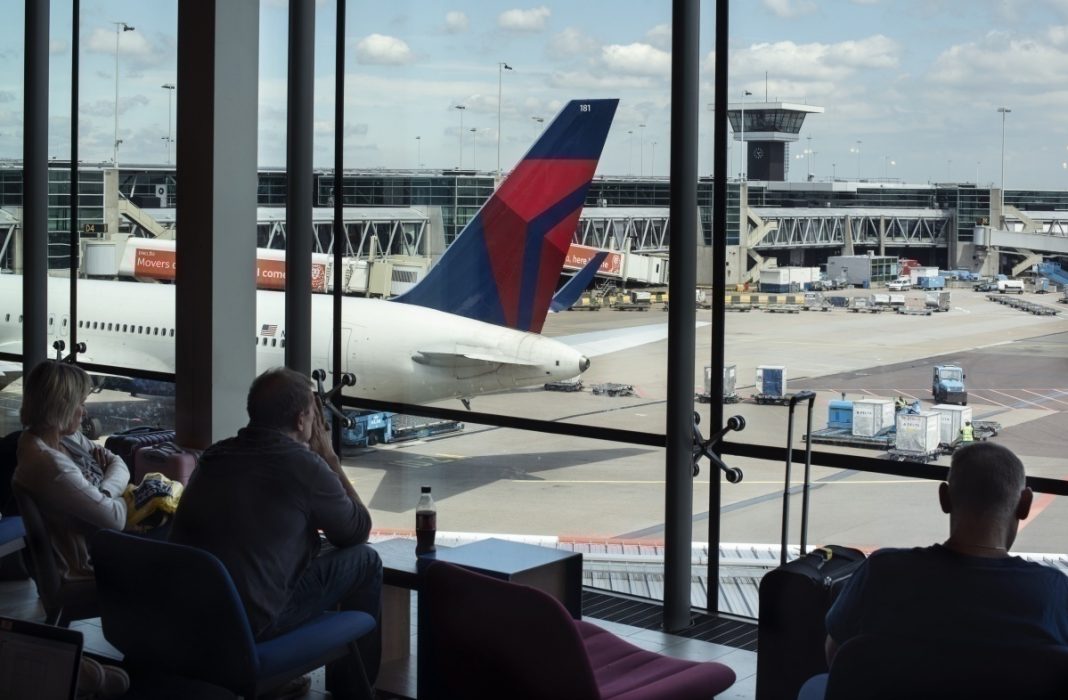One million passengers a day is still a ways out per the latest numbers from the TSA. This weekend, passenger counts were steady but slightly lower than the previous week. Growth has once again stalled, indicating yet again a choppy recovery.

Graphs of passengers
Since early July, week-to-week passenger counts have been relatively stable. After a slight increase in August, those levels have once again stabilized. Here is a graph of Monday-Sunday passenger counts since April.

Week-to-week passenger numbers are a better indicator than daily numbers. Every week, Tuesdays and Wednesdays are the slowest days in terms of passenger screenings currently. These days are not prime leisure travel days and generally supported by business travelers– who are staying away from trips these days. Travel picks up on Thursdays and again on Fridays, then dips slightly on Saturdays, before Sundays and Mondays represent the post-weekend bounce where leisure travelers head back home after the weekend. For the third Sunday in a row on August 23rd, the TSA passed 800k passengers. Below is a graph of daily passenger counts since April, when traffic bottomed out.

Compared to 2019, the US is sitting at about 30-35% of current passenger numbers.

Lastly, since leisure travelers are primarily driving the recovery and mainly fly on weekends, the weekend traveler numbers of 20202 are below. Note the steady growth through July and the plateauing of numbers this month.

Late August is usually when traffic starts to slow
At the end of August, schools begin to reopen, colleges and universities reopen, and the weather starts to cool in several areas. Combined, this leads to a dip in tourism numbers. Through September, as more schools and universities start up, family leisure travel starts to decline, and the summer season comes to an end.
Come the fall and winter, airlines start to rely on their trunk routes. Seasonal summer routes come to an end, meaning airlines start to cut down on popular transatlantic routes and instead, for the fewer number of travelers who do want to visit destinations like Venice, Nice, Prague, Berlin, Dubrovnik, Athens, and more, airlines shuffle them through partner hubs.

One million passengers remain out of reach, but still plausible
Much of the growth in passengers through June and into July this year came as stories of viral spread in the US started to subside. But, a surge in cases brought much of that to a stall. Hawaii kept delaying its reopening, and several tourist attractions, fairs, and special events turned virtual or else canceled entirely.

Now, in late August, there has again been a decline in cases, and people are working to travel safely. There are few flights where COVID-19 has been an issue, and outdoor recreation spaces like beaches and parks with plenty of space for social distancing have become popular. This led United to engage in a major point-to-point expansion out of Florida for the winter, tapping into leisure travelers wanting to head to the beach. JetBlue also made a similar move.
So, looking to the fall, numbers will likely remain steady or else dip slightly. Still, it is highly unlikely that America sees one million passengers in a day for a few months, probably around Thanksgiving in November would be the next significant holiday season.
[ad_2]
Source link


